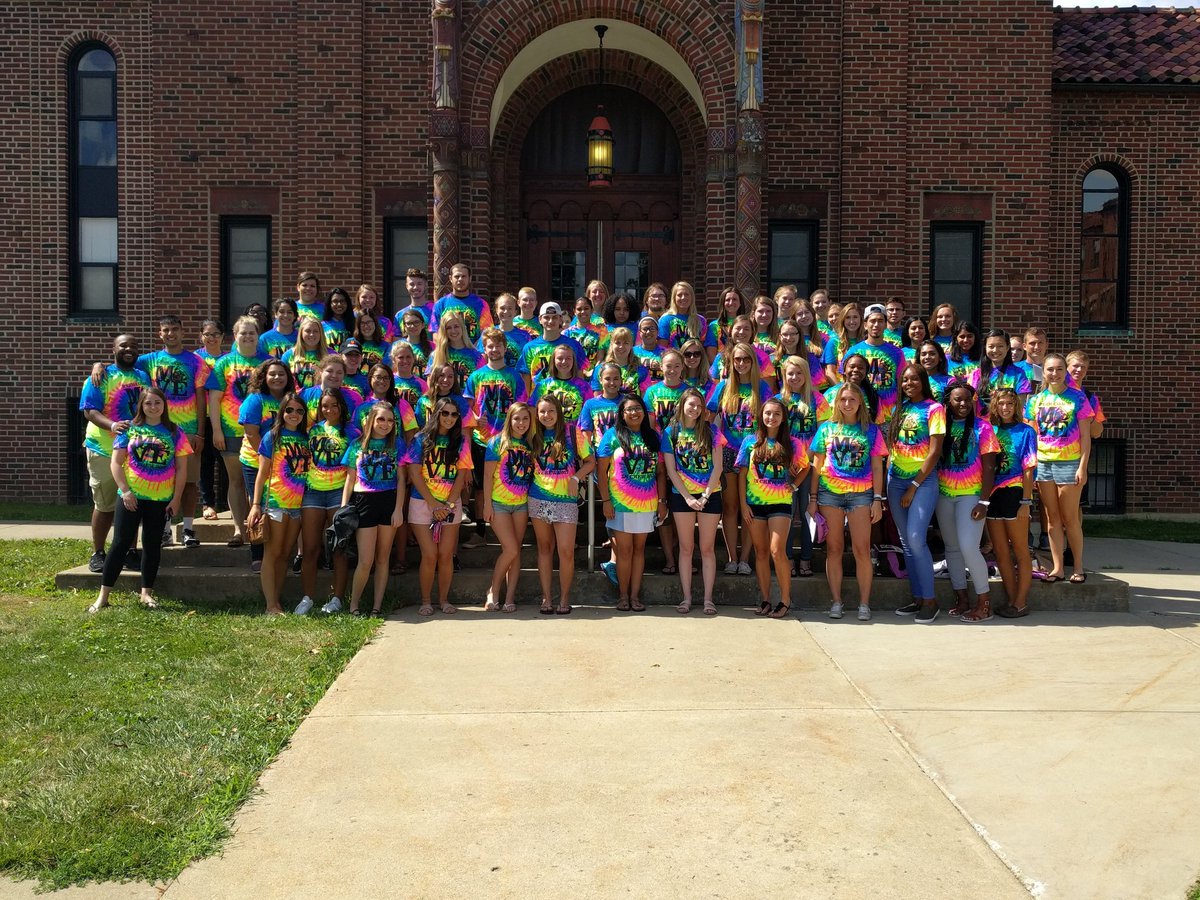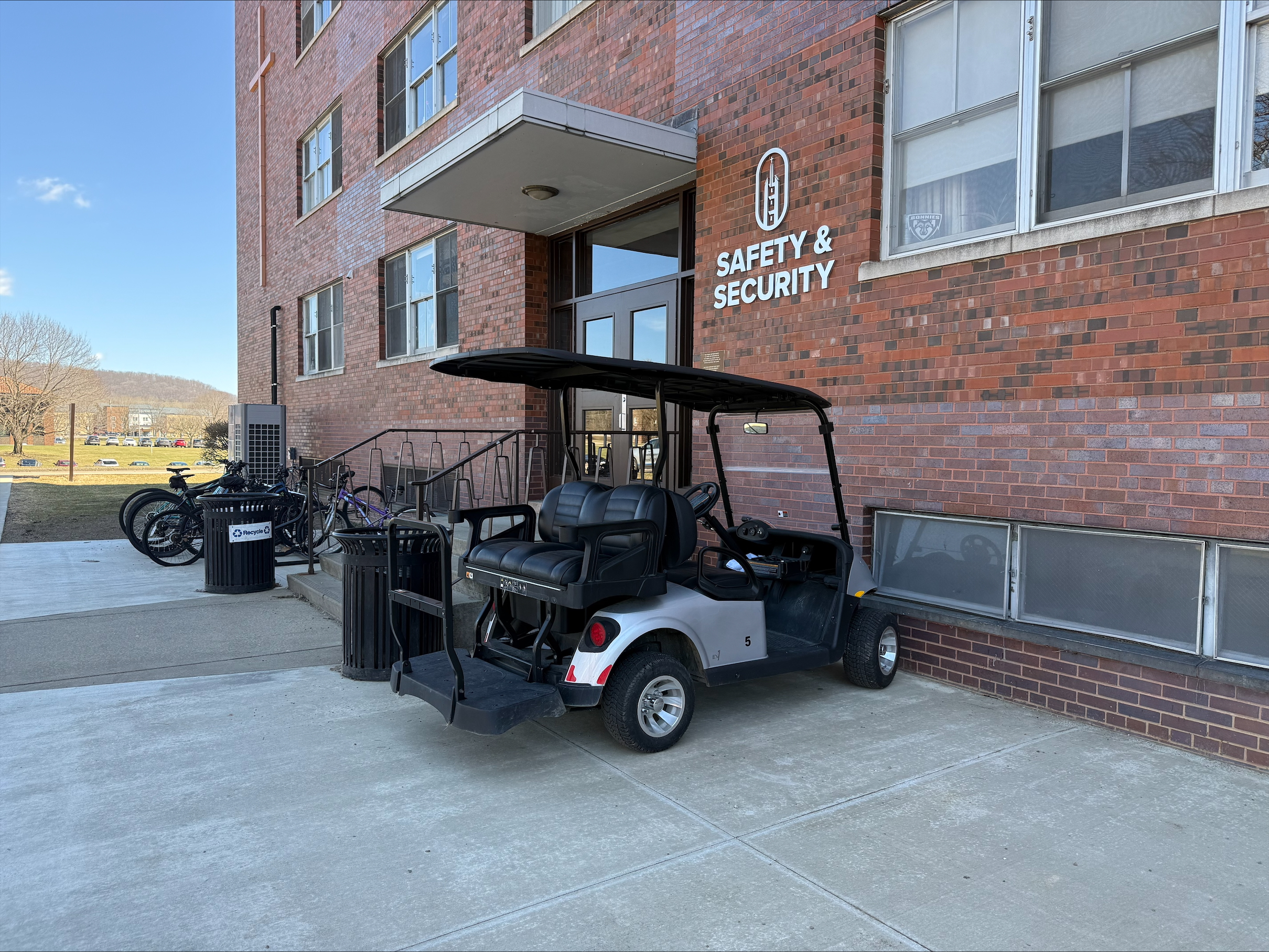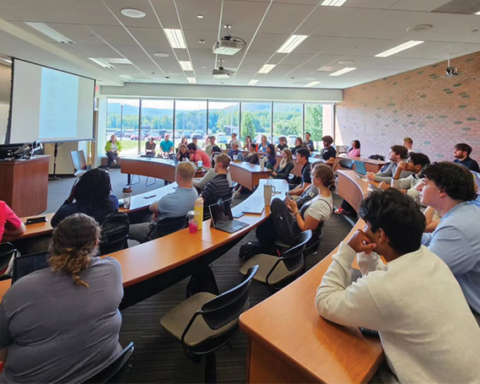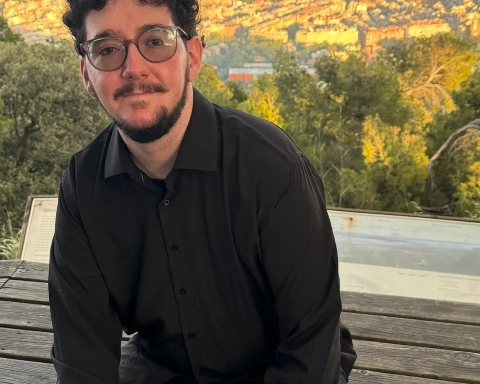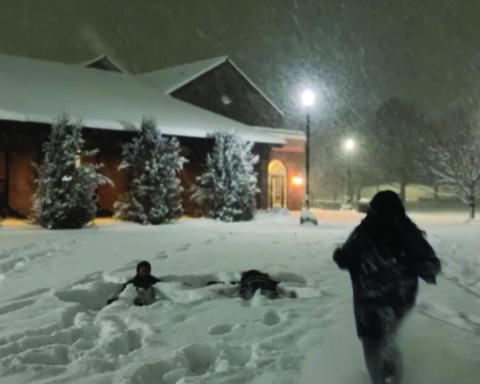By Nicholas Gallo, Staff Writer
Christopher Brown, director of First-Year Experience & Orientation, has been part of the department for eight years and is shaking things up for welcome days next semester.
Brown plans to give peer coaching groups more students this upcoming academic year. Although a typical group of six to eight students is assigned to peer coaches, these student leaders will now be assigned closer to 20 incoming, first-year students.
In addition, peer coaches will be expected to interact with their peers twice a month, instead of once a month. The increase is intended to help coaches gauge how peers are transitioning to campus life.
First-year students arriving at St. Bonaventure University are greeted by peer coaches who help unpack cars, carry mini-fridges up stairs and put parents and new students at ease.
These student leaders are assigned groups of freshmen or transfer students, assisting them through their transition into the first year of college.
The upperclassmen chosen are involved on and off campus, are academically successful and want to help other students succeed in their goals.
“What we are doing this year is finding new ways to grow as a program, and we have used different methods of assessment on how the program is going,” Brown said. “We have also looked at data of student reactions to peer coaching and see significant recognition to the fact that students have a support system here and their longer-term success here at the university.”
He said the incoming students like having someone who has been in their shoes and a peer coach acts as a safety net.
Erin McNell, a sophomore biochemistry major, is a peer coach and plans to return as one for her next few years at St. Bonaventure.
Her freshman year, McNell’s peer coach became a good friend and inspired her to become one too, she said.
“To this day, we will say ‘Hi’ and chat whenever we see each other around campus,” McNell said. “It was really nice to have a familiar face and an extra reference to contact when I needed help.”
Learning from her peer coach, McNell has become close to two of her peers. She said she has tutored a few of them in the Student Success Center and is able to catch up with them and see how they are doing.
“Many of them I see seem to be enjoying their time so far at Bona’s, which is really great to see,” McNell said. “They all have adapted to college life very well.”
Riley Eike, a first-year graduate student in the Integrated Marketing Communications Program, served as both a peer coach and a peer coach leader during her undergraduate studies.
“With me, whenever I see my old peers and how they are doing, I feel like an awkward mom, as we always have conversations and are able to connect,” Eike said. “I was really into the idea of being a mentor on campus — and I tell everyone that, when I do it, I gain six new friends.”
Eike said the shift to a larger group of students will help both peer coaches and the incoming students.
“Instead of now having six to eight new friends, peer coaches can have 20 new friends,” Eike said. “Anytime you change something, it’s going to be a struggle, but now that the peer coaches will be partnered into a group of 20 incoming students, they will have to step up their game.”
Brown believes that these changes will be positive for the program and that peer coaches are a great bridge for incoming students.
Interviews for peer coach positions have begun, and the selection process will occur on March 30.
“We really enjoy giving interviews,” Brown said. “It is nice to see students becoming successful here, even those who have struggled. That is what I believe makes a good peer coach.”

